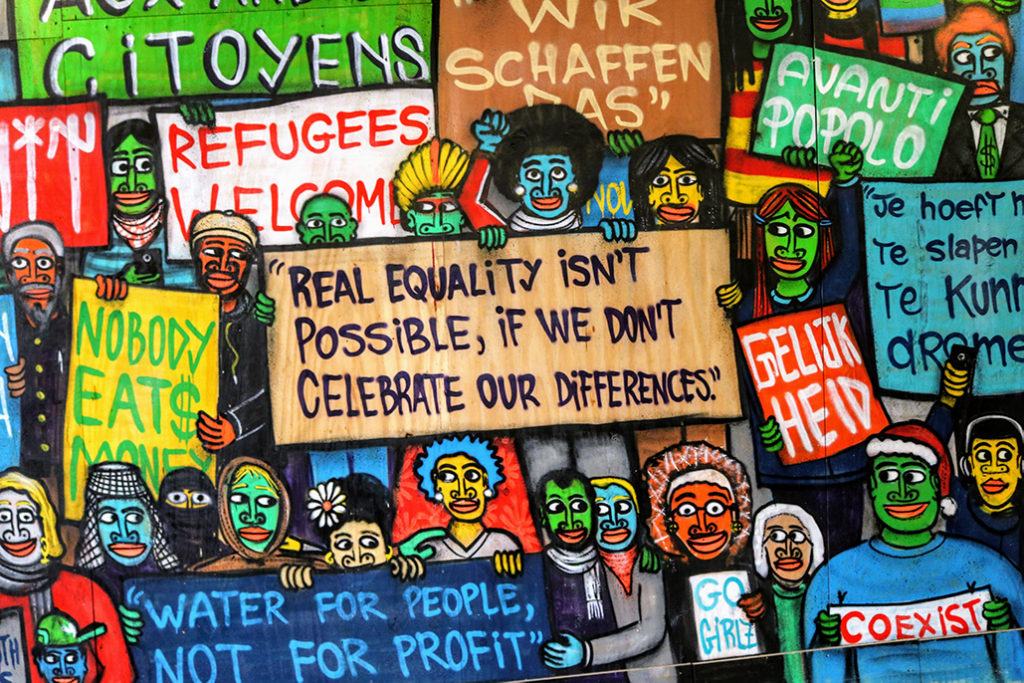Amor mundi, or “love of the world,” was the title Arendt wanted for The Human Condition. In an August 6, 1955 letter to Karl Jaspers, her teacher and friend, she said: I’ve begun so late, really only in recent years, to truly love the world that I shall be able to do that now. Out of gratitude, I want to call my book on political theory ‘Amor Mundi.’ As Samantha Rose Hill notes: Within this statement there is a recognition and reckoning with the events of the past. What does it mean to … [Read more...]
At Home with Arendt

Exploring questions of home and belonging in conversation with the philosophy of Hannah Arendt
A new year, a new phase
Happy new year, readers! I hope that the winter break (if you had one) was restorative for you and that you are ready to tackle a new Gregorian calendar year. I didn’t think that I would be ready in time - yet, here I am! But what am I talking about? I think I’m getting ahead of myself, so let me start a bit further back. Pandemic phase one I'm not referring to Ontario’s phased re-opening scheme or the first global wave of COVID-19. No, this is something a bit more personal. By phase one, I … [Read more...]
On Gifts
I admit it: I love Christmas. Despite being a horrible crafter, I make holiday cards for family and friends. (See the feature image for proof.) I also have a stack of books I read during the holidays, including Connie Willis’ story collection A Lot Like Christmas and Christmas with Anne, which contains holiday-themed excerpts from L.M. Montgomery’s work. Many of the stories bear a message we oft hear at this time of year: It is the action of giving that is significant rather … [Read more...]
Comparing Hannah Arendt and neoliberalism on the family
The family is at the heart of neoliberalism. Thus argues Melinda Cooper in her 2017 book Family Values. Usually when I hear the term neoliberalism I think about the individual and personal responsibility. Yet, Cooper demonstrates, the family is central to its operations and maintenance. I think Arendt’s critique of the family can be especially helpful in illuminating this claim. But, she also naturalizes the family in a way — similar to neoliberalism. Personal responsibility equals family … [Read more...]
Space in the time of coronavirus
In the previous edition of the #AtHomeWithArendt series, Katy discussed the value of temporal and spatial transitions in our workdays. And that got me thinking: what does space even mean now? All over the world, physical distancing is not just encouraged but actually demanded. So, what does it mean to be present when physical proximity is sometimes a matter of life and death? Katy and I have been thinking and writing about what it means to listen solidaristically for more than a year, but the … [Read more...]
- « Previous Page
- 1
- 2
- 3
- 4
- …
- 8
- Next Page »




